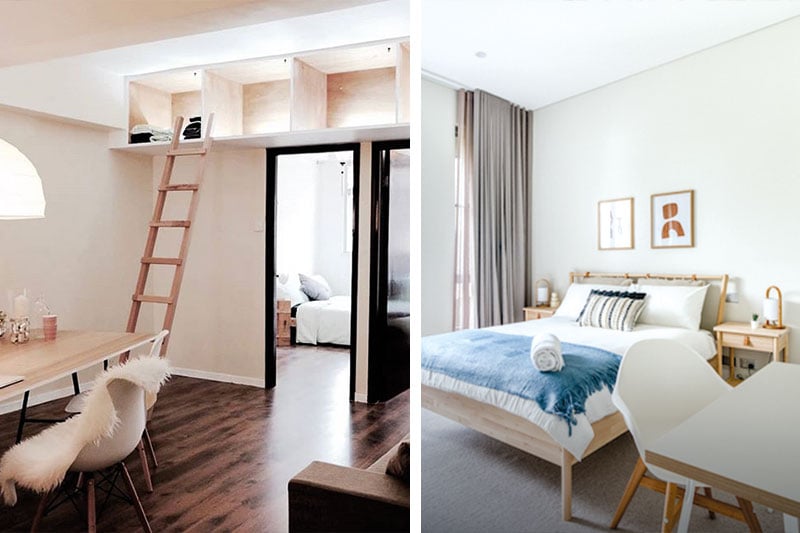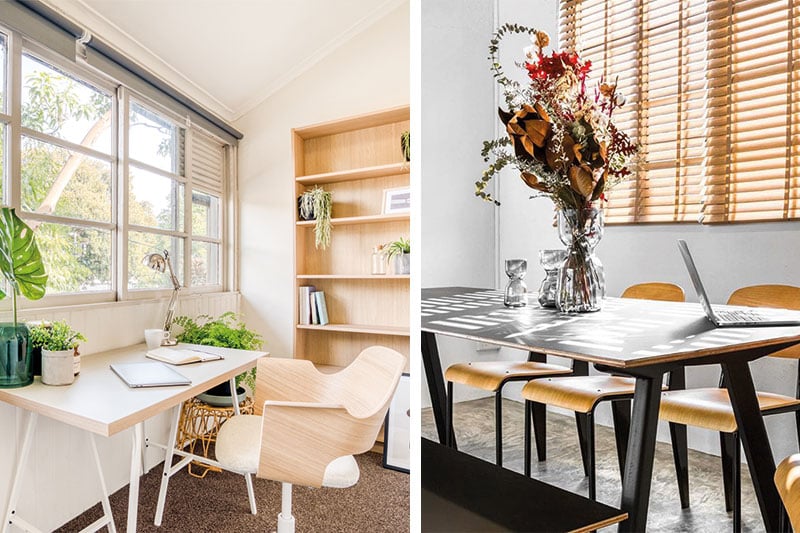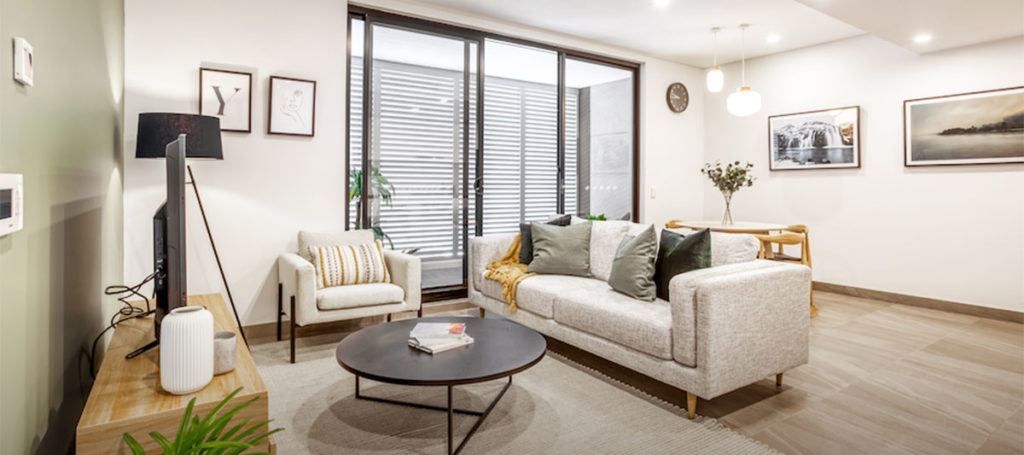Stretching from Hong Kong to Singapore and Sydney, coliving operator Hmlet wants to build a flexible housing ecosystem, bring together close-knit communities, and empower people to pursue an international lifestyle.
Imagine if renting an apartment was as simple as activating your Spotify subscription. That’s what coliving operator Hmlet promises. Founded in 2016 in Singapore by entrepreneurial duo Yoan Kamalski and Zenos Schmickrath, the company currently rents out 1200 rooms across Singapore, Tokyo, Hong Kong and Sydney, offering everything from a pocket room with a shared kitchen and living room to a private 2-bedroom apartment, all at affordable prices and with the flexibility to move out in 30 days, and a warm community to come home to. “The first batch which we renovated was actually for ourselves,” laughs CEO Yoan. Since then, his startup has been featured by CNBC, Financial Review and The Business Times and raised USD 40 million in a Series B round earlier this year. He explained to Hive Life why he believes the future lies in “creating a world where, suddenly, any city can actually be accessible.”

With property prices at historic highs across Asian cities – Singapore and Hong Kong share the mantle of the most expensive city to live in 2019 – Yoan believes that people these days view real estate like a product rather than an investment. “People don’t invest in real estate anymore. I know that, in the future, we won’t be able to buy a house. So, people are moving away from ownership and towards experiences, like, what more can I get with what I’m currently spending every single month?” he says. Acknowledging common pain points such as affordability, housemate conflicts, and the outdated policy of long-term leases, he proffers an alternative that’s not just about “getting the right space that is flexible and matches their needs, but also putting the right people together, the right services, and creating that ecosystem that will empower them more than anything else.”
You might also like DASH: Coliving Tech Solutions

Hmlet operates on the premise that great experiences make for happy customers who stick around. Their user-friendly website, complete with a chatbot, lets you filter by neighbourhood, size, length of stay and price as well as book a viewing with just a few clicks, delivering an experience that feels more like a hotel stay than a lease. With a 93% occupancy rate across their leased properties, on an average tenancy of 13 months, and waiting lists to boot, it’s a model that’s proven hugely successful over the last three and a half years. “It’s about building affordability within spaces. So, yes, the spaces we create are a lot more compact, but they still feel like something that you would never be able to afford on your own,” Yoan explains. By providing a service that stretches outside mere bricks and mortar – think matching housemates with complementary personalities to providing high-speed internet from day one, organising yoga boot camps and hosting coffee and beer events on their rooftop terraces – they’ve attracted a broad customer base aged anywhere from 20 to 37. “Nowadays, people are single for longer and they travel for longer. They don’t settle in a city that fast,” he says. And it’s not just individuals that are looking to coliving for housing solutions. Corporates such as Volvo, Zendesk, and DLA Piper have also jumped aboard the bandwagon, eager to help their employees relocate in a stress-free way as they flit between major metropolises.

Urban development is on the rise; the United Nations predicts that 68% of the world’s population – a hefty 6.5 billion globally – will be living in urban areas by 2050. Still, “our cities’ residential change is not moving fast enough,” Yoan explains. “So, the more coliving companies can come up, the better it will be for the affordability of cities and helping this new workforce relocate into them.” And, for him, this is not a phenomenon whose appeal should be restricted to millennials. “Coliving for families or the elderly is definitely something that can be seen and will appear in the next five to ten years,” he enthuses. With their own ambitions to double their company by the end of 2019, going from 1200 to 2400 rooms across Singapore, Tokyo, Sydney and Hong Kong, and plans to expand into the world’s ten biggest cities in the next year and a half, he sees a future in which the doors to the world’s cities become infinitely easier to open. For him, it’s about “creating that gate to any of the world’s cities that opens doors, opens minds, and opens hearts” along the way.
Related Articles
Meet The Recruitment Platform Changing The Game For Fresh Grads
ORII: The Smart Ring that Promises a Future of Screenless Connectivity
Meet The Brains Behind Asia’s Snacking Phenomenon The Golden Duck





